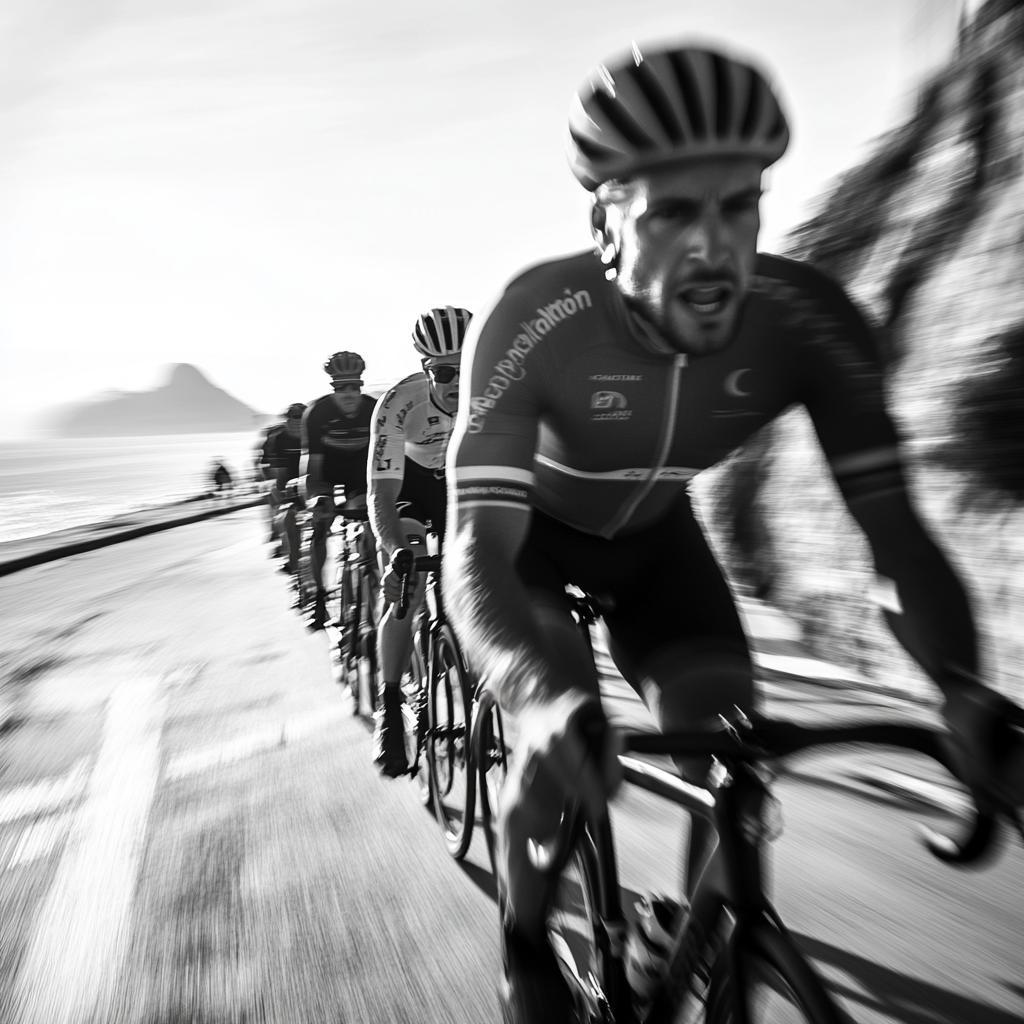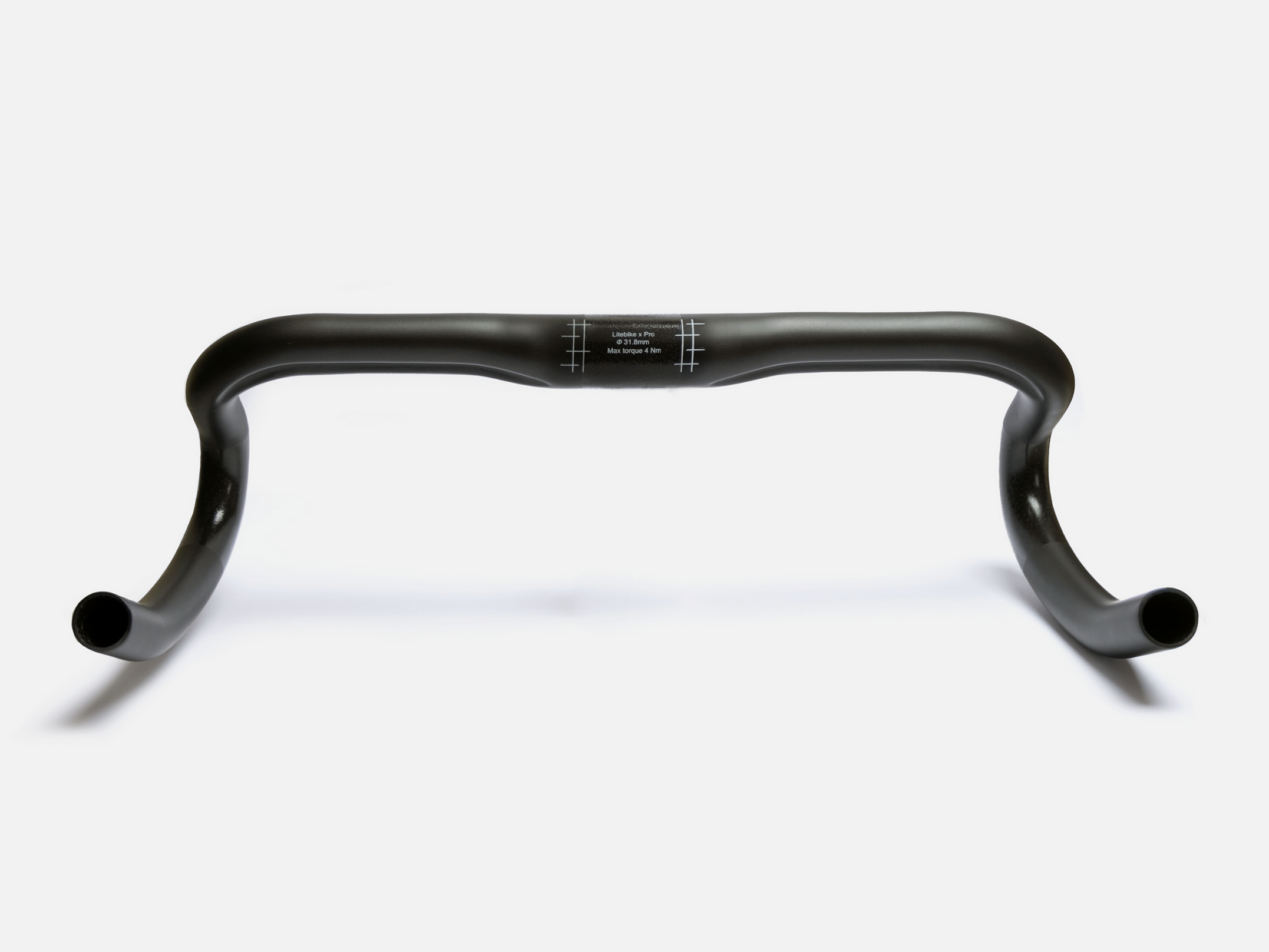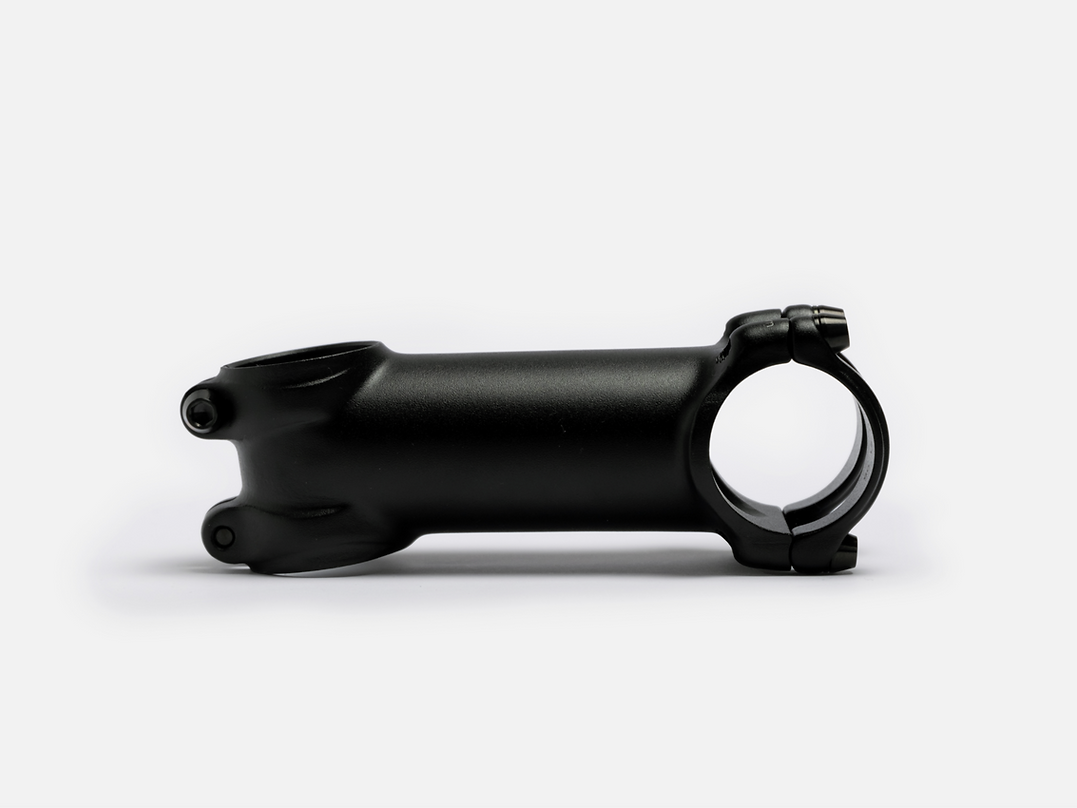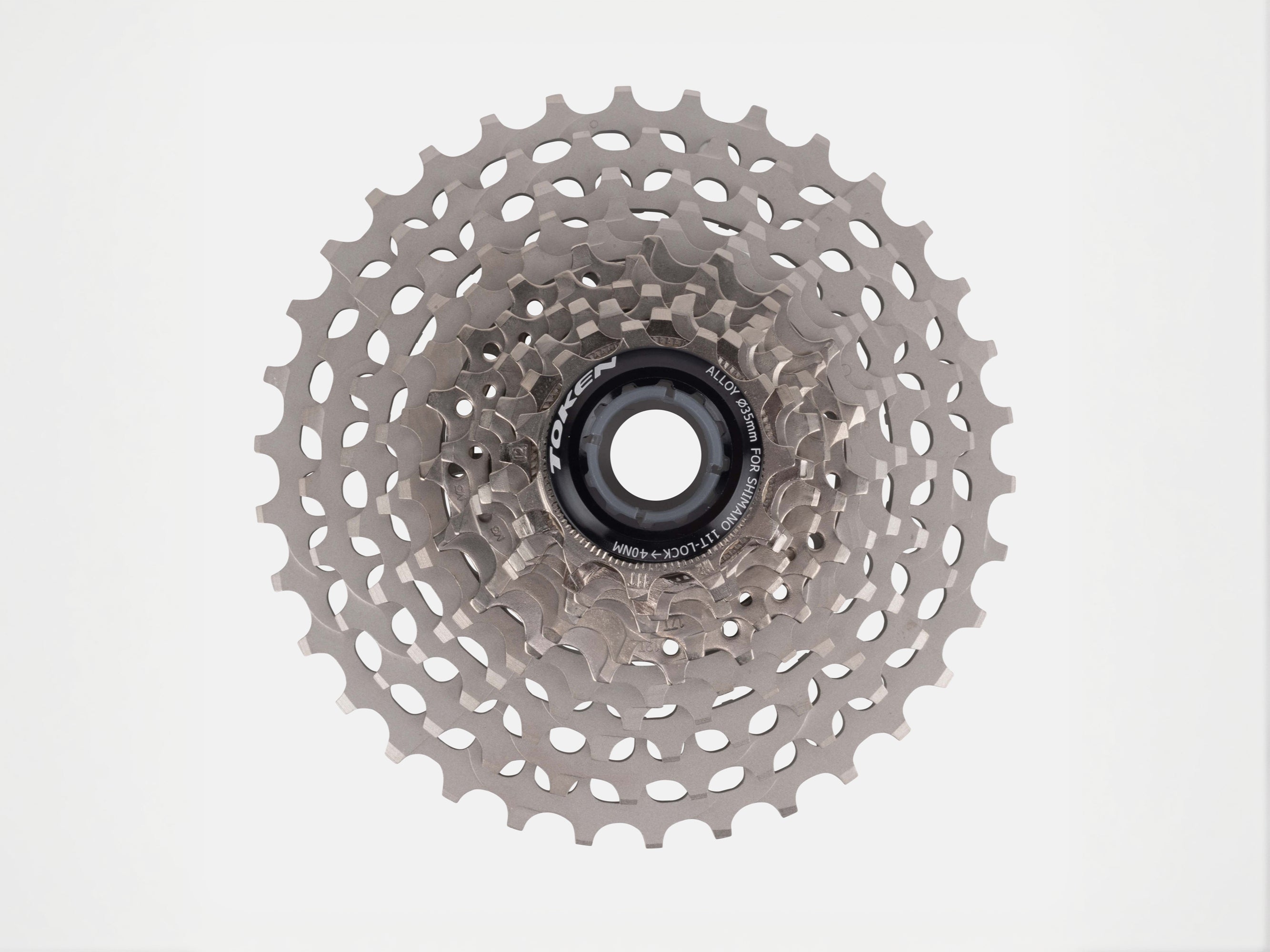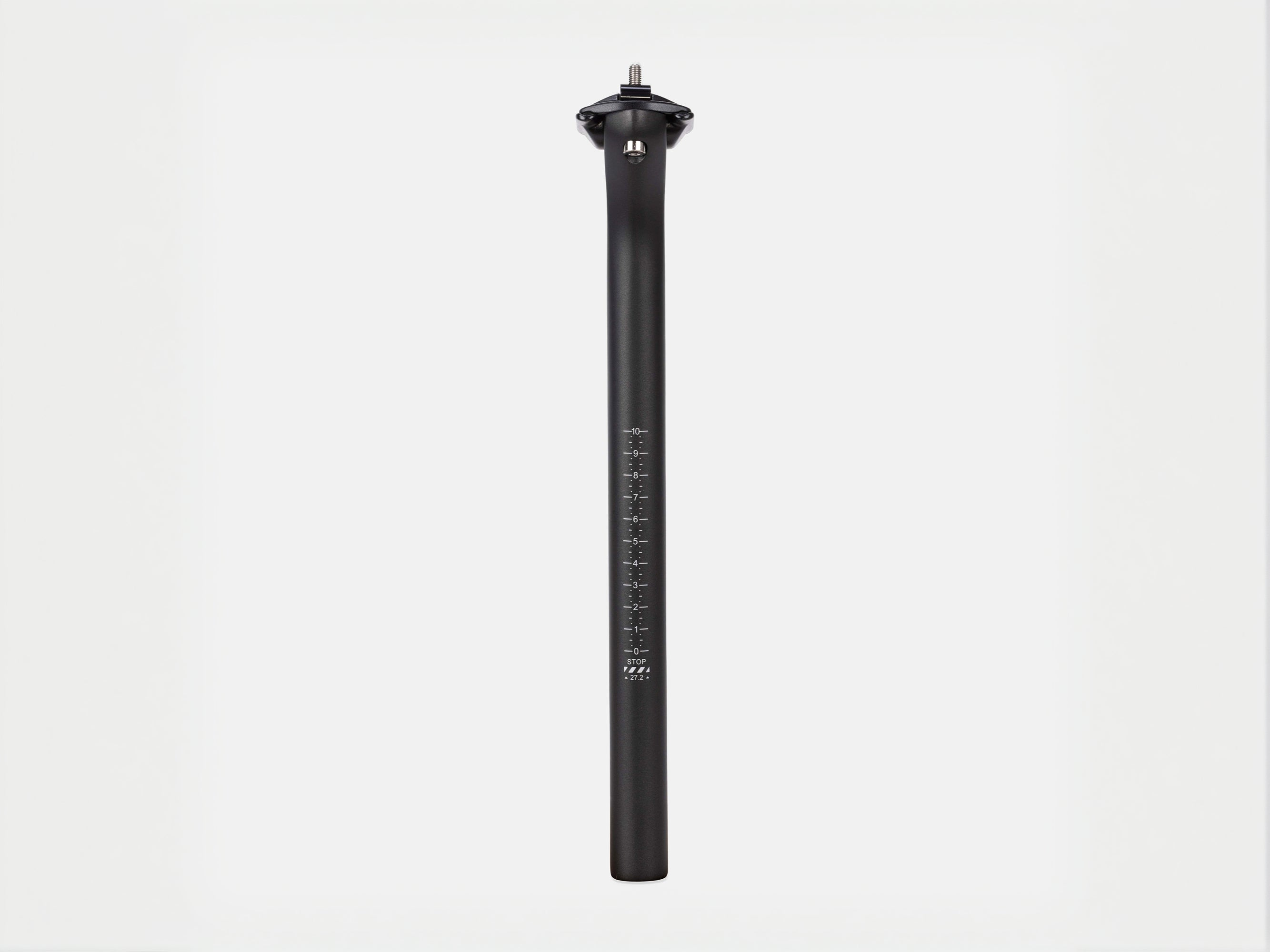1/ There are no magic shortcuts.
Improving cycling performance comes from having a clear, repeatable plan and executing on that plan. An effective cycling plan has 'progressive overload' - where increases in weekly distance and speed are built into the programme. This challenges our body to get stronger and faster over time.
2/ Develop a structured cycling training programme. The best plans mix different rides to target particular aspects of fitness.
Interval training: incorporate interval training sessions into your routine. Intervals involve alternating between high-intensity efforts and recovery. For example, you might do a set of 1-2 minute sprints followed by a 3-4 minute recovery period. Interval training helps increase anaerobic capacity and overall speed.
Hill repeats: hills provide an opportunity to work on both strength and speed. Include hill repeats in your training plan to improve your climbing abilities and increase your power output.
Long, steady rides: longer rides at a moderate pace help improve endurance and cardiovascular fitness. These rides build the foundation for faster cycling by increasing your aerobic capacity and should represent about 80% of your weekly mileage.
3/ Fuel the body properly. Cycling nutrition and hydration is vital for getting faster at cycling and improve cycling performance.
Overall diet: eating a whole food diet and avoiding ultra processed foods is critical to maintaining your overall health. This will give your body the platform it needs to train effectively and get faster.
Pre/during rides: carbohydrates provide readily available energy, and a small amount of protein can help sustain energy levels. Dehydration can negatively impact performance. Stay hydrated before, during and after your ride. Carry a water bottle and drink regularly.
4/ Don't under-estimate rest and recovery.
Exercise stimulates microscopic damage to muscle fibres. During rest, our bodies repairs this damage, which is a crucial step in muscle growth and strength development. The repair process is what makes our muscles stronger and more resilient, helping us generate more power during rides. Proper rest replenishes our body’s energy stores and will help us stay injury free.


